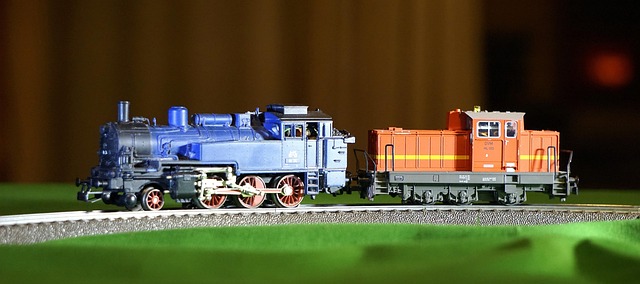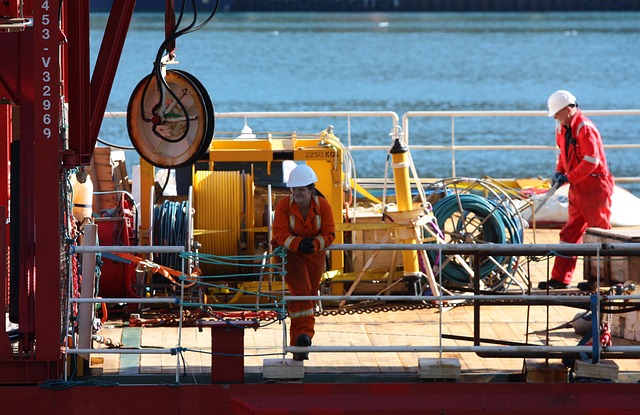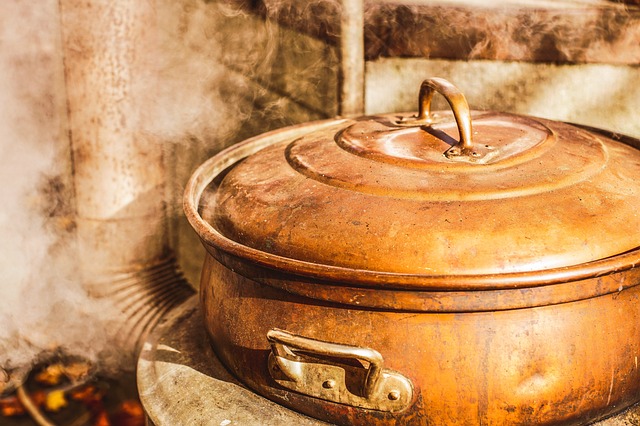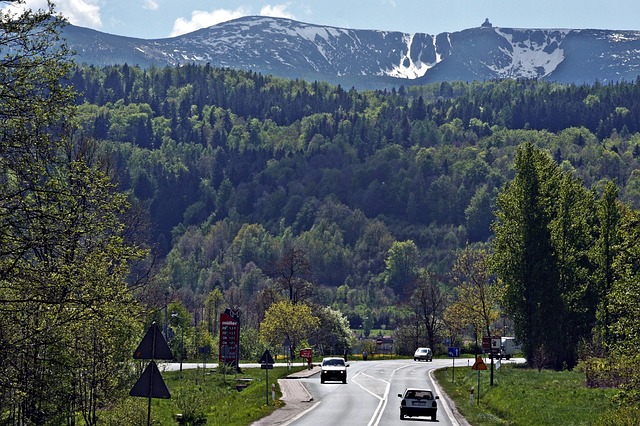Qualified boiler engineers play a crucial role in optimizing steam and industrial boilers' performance in cold climates. They address unique challenges like freezing risks and reduced efficiency by employing tailored insulation solutions, including fiberglass, mineral wool, foams, and aerogels. Regular maintenance, expert installation, and sealing are vital to prevent heat loss, ensure energy efficiency, and prolong boiler lifespan during extreme seasonal temperature shifts.
In cold climates, proper boiler insulation is vital to maintain efficiency and prevent heat loss. This comprehensive guide explores the unique challenges faced by boiler engineers in frozen environments and offers expert insights on the best materials for optimal performance. From traditional fiberglass and mineral wool to advanced foams and aerogels, discover the top choices for effective insulation. Learn from a qualified boiler engineer’s installation tips to ensure energy conservation and system longevity.
- Understanding Boiler Insulation Needs in Cold Climates
- Common Challenges for Boiler Engineers in Frozen Environments
- Best Insulation Materials: Fiberglass and Mineral Wool
- Advanced Options: Foams and Aerogels for Extreme Cold
- Installation Tips from a Qualified Boiler Engineer
Understanding Boiler Insulation Needs in Cold Climates

In cold climates, proper boiler insulation is essential to maintain optimal efficiency and minimize heat loss. A qualified boiler engineer understands that the specific needs of a steam boiler or industrial process boilers vary based on environmental factors such as temperature, wind patterns, and humidity levels. Unlike in milder regions, effective insulation in extreme cold conditions must withstand not only external temperatures but also the internal stresses of pressurized systems and varying moisture levels.
Boiler inspection protocols and a comprehensive steam boiler troubleshooting guide are crucial resources for professionals to ensure proper insulation installation and maintenance. By addressing insulation needs specifically tailored to cold climates, engineers can enhance energy efficiency, reduce operational costs, and prevent premature equipment failure. This proactive approach not only ensures the longevity of boilers but also contributes to the overall sustainability of industrial operations in harsh environments.
Common Challenges for Boiler Engineers in Frozen Environments

In cold climates, boiler engineers face unique challenges that demand specialized knowledge and materials to ensure efficient and safe operations. One of the primary issues is the risk of frozen water inside boilers, which can lead to costly damage and downtime. Qualified boiler engineers must consider not only effective insulation but also robust antifreeze mechanisms to prevent freezing during extended periods of low or negative temperatures.
Additionally, maintaining optimal performance and energy efficiency becomes more complex due to heat loss through walls and pipes. Boiler retrofitting options that include advanced insulation materials can significantly mitigate these issues. A 24/7 boiler emergency service is often crucial in such regions, as rapid response times are essential to minimize disruptions and prevent more severe problems. Steam boiler troubleshooting guides, readily accessible for qualified engineers, serve as valuable resources for identifying and rectifying issues swiftly, ensuring uninterrupted service during harsh winters.
Best Insulation Materials: Fiberglass and Mineral Wool

When it comes to insulating boilers in cold climates, fiberglass and mineral wool stand out as top choices among qualified boiler engineers. Both materials offer excellent thermal resistance, ensuring efficient heat retention within the boiler system. Mineral wool, known for its superior compressive strength, provides a robust barrier against extreme cold weather conditions while allowing for easy installation and flexibility in tight spaces.
Fiberglass insulation is equally effective, offering lightweight protection against heat loss and moisture absorption. It’s an eco-friendly option as it can be made from recycled materials and has excellent fire resistance properties. For boiler efficiency solutions, these materials are crucial components of comprehensive boiler inspection protocols, ensuring optimal performance and longevity in harsh environments. Find a qualified boiler engineer to determine the best insulation for your specific needs, considering factors like boiler type, size, and the severity of the cold climate.
Advanced Options: Foams and Aerogels for Extreme Cold

In extremely cold climates, where temperatures can plummet to harsh levels, specialized boiler insulation materials are essential for maintaining optimal efficiency and preventing heat loss. Two advanced options that have gained prominence among qualified boiler engineers are foams and aerogels. These cutting-edge materials offer superior thermal resistance and exceptional insulation properties, making them ideal for applications involving exposed heat exchangers in cold environments.
Foams, with their closed-cell structure, provide excellent air tightness and significantly reduce heat transfer. Aerogels, on the other hand, are highly porous materials that trap air within a solid framework, creating an insulating barrier that surpasses traditional options. Their remarkable properties make them suitable for both new boiler installations and heat exchanger repair projects carried out by factory-trained boilermakers leveraging their boilermaker expertise.
Installation Tips from a Qualified Boiler Engineer

When it comes to insulating boilers in cold climates, a qualified boiler engineer can offer invaluable insights. First and foremost, they emphasize the importance of choosing materials designed for durability and superior insulation properties in extreme temperatures. Glass fiber insulation is a popular choice due to its cost-effectiveness and efficiency in retaining heat within the boiler system. This not only optimizes energy performance but also reduces the risk of freezing, which can be a significant concern in harsh winters.
Installation should be performed by a qualified professional who understands the specific requirements for commercial boiler maintenance and safety checks. Proper sealing around the boiler’s components is crucial to prevent heat loss and ensure optimal steam generation technologies. Regular insulation checks and replacements are recommended to maintain boiler efficiency, especially in regions with extreme seasonal temperature variations.
When it comes to selecting the best boiler insulation materials for cold climates, understanding the unique challenges these environments present is key. According to discussions with a qualified boiler engineer, both fiberglass and mineral wool have proven effective due to their cost-effectiveness and ease of installation. For extreme cold, advanced options like foams and aerogels offer superior thermal resistance, ensuring optimal energy efficiency. By implementing these materials and following expert installation tips, boiler engineers can significantly mitigate heat loss and enhance overall system performance in harsh winters.
